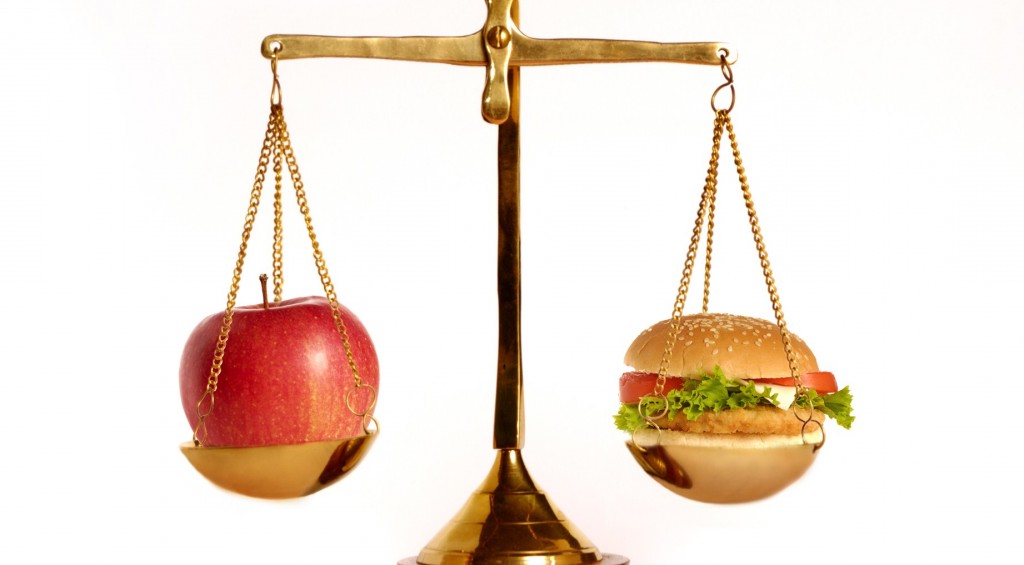 by St. Ignatius Brianchaninov
by St. Ignatius Brianchaninov
Immoderate fasting — that is, prolonged excessive abstinence from food — is not approved by the Holy Fathers.
Fasting frees a person from fleshly passions, while prayer wrestles with the passions of the soul and, having conquered them, it penetrates and permeates the person’s whole constitution, and purifies it. Into the purified spiritual temple it introduces God.
He who sows his land without working it wastes his seed and instead of wheat reaps thorns. So too if we sow seeds of prayer without refining our flesh, instead of righteousness we shall produce sin. Our prayer will be ruined and robbed by various thoughts and fantasies, it will be defiled by sensual feelings. Our flesh came from the earth and unless it is cultivated like the earth it can never produce the fruit of righteousness.
On the other hand if anyone works his land with great care and at great expense but leaves it unsown, it will be covered with a thick crop of weeds. So if the body is refined by fasting but the soul is not cultivated by prayer, reading and humility, then fasting becomes the parent of numerous weeds — passions of the soul: pride, vainglory, scorn.
What is the passion of gluttony and drunkenness? Having lost regularity (that is, a sense of what is right and lawful), the natural craving for food and drink demands a much greater quantity and more varied quality than is needed for the maintenance of life and the bodily powers, and becomes a passion. Excessive food acts on the bodily powers in a way that is the reverse of its natural purpose; it acts harmfully, weakening and destroying them.
The craving for food is satisfied by a simple table and by refraining from excess and delight in food. First, excess and delight must be abandoned; in this way the desire for food is refined and reduced to order. But when desire becomes normal, it is satisfied with simple food.
On the other hand when the craving for food is satisfied with excess and delight it is coarsened. To arouse it we resort to a variety of tasty foods and drinks. At first our desire seems satisfied; then it becomes capricious, and finally it turns into a morbid passion constantly seeking repletion and pleasure, and never satisfied.
Having resolved to consecrate ourselves to the service of God, let us make fasting the foundation of our effort. The essential quality of every foundation should be an unshakable firmness; otherwise it will be impossible to construct a building on it, however solid the building itself may be. So let us never on any account, on any pretext whatever, allow ourselves to break our fast by overeating, and especially by drunkenness.
The use of food once a day not to repletion is regarded by the Holy Fathers as the best fast. Such a fast does not weaken the body by prolonged abstinence or overload it with excessive food, but keeps it fit for soul-saving activity. Such a fast presents no glaring peculiarity, and therefore the person fasting has no cause for boasting, to which people are so prone on account of virtue itself, especially when it stands out sharply.
Those engaged in physical labors or who are so weak in body that they cannot content themselves with the use of food once a day should eat twice.
Fasting is for man, not man for fasting. But however often food is used, whether frequently or infrequently, satiety is strictly forbidden; it makes a person unfit for spiritual labours, and opens the door to other carnal passions.
Immoderate fasting — that is, prolonged excessive abstinence from food — is not approved by the Holy Fathers. From inordinate fasting and the exhaustion which results from it, a person becomes unfit for spiritual labours, frequently turns to gluttony, and often falls into the passion of boasting and pride.
